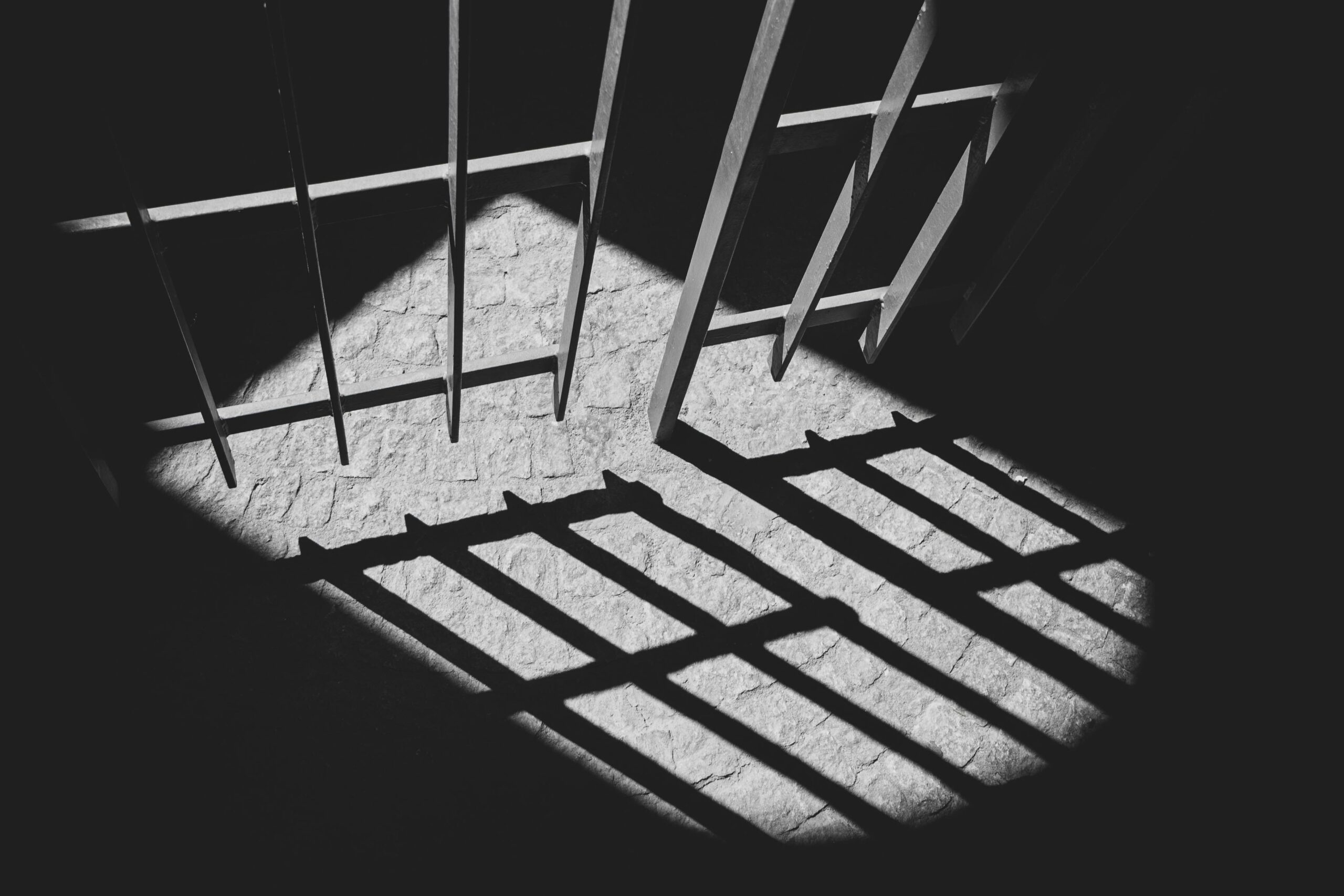The Australian government will be reverting to a stricter stance on deporting so-called “501s” – people with criminal histories who had mostly grown up in Australia, but were born in New Zealand.
The new directive, which will take effect on Friday, 21 June, takes a U-turn on previous commitments made by the Australian government in 2022 to prioritise considering a person’s links to Australia in visa decisions.
The SMC asked experts to comment on the news.
Dr Tim Fadgen, Senior Lecturer in Politics and International Relations, Associate Director of Graduate Programmes, Public Policy Institute; Affiliated Scholar, Centre for Asia Pacific Refugee Studies, University of Auckland, comments:
“Australia’s hardening position on 501 deportees is surprising only in its apparently abrupt return to its earlier policy position. It was perhaps more surprising that the government had previously shifted to an approach based on connection to Australia, which many would argue constituted a more reasonable and humane approach, given the perceived lack of support for the policy shift in Australian public opinion.
“The politics of this issue, given recent media coverage of immigration-related offences in Australia, seem to force the government’s hand. Public attitudes around the world have grown more harsh and punitive in recent years and when looked at as part of this larger attitude towards migrants generally, Australia’s decision is hardly an outlier.
“It is worth noting that New Zealand continues to engage in deportations of its own, also of people who have been in New Zealand for a long time, to the Pacific islands and beyond. The rhetoric around this issue—in Australia and in New Zealand—is tremendously stigmatising and unhelpful for deportees who must resume life following their removal.”
No conflicts of interest.
Professor Susanna Every-Palmer, psychiatrist and Head of Department, Department of Psychological Medicine, University of Otago, comments:
“It’s very disturbing that Australia is reneging on its promises to be fairer in its stance towards s501 deportees, and this worries me greatly as a mental health expert. Our research shows Australia’s deportation policies have been particularly tough on people with mental illness, who are more likely to discriminated against under Australia’s character test for deportation, and who may be less likely to access effective legal representation to defend themselves against criminal convictions and deportation decisions.
“We found 22% of deportees screened on arrival were referred to specialist mental health and addictions services, indicating the high mental health needs of this group. However, many more people fall through the gaps, sometimes with disastrous consequences, and the lack of family and community support makes rehabilitation very difficult. I’ll give the example of ‘Max’, who came to New Zealand as a preschooler with some family members as a refugee. Young Max was only here for a year or two before his family moved and settled permanently in Australia. He developed a mental illness in early adulthood but managed well in the community with appropriate support. After serving a short custodial sentence for minor offending, he was deported to New Zealand – where he knew absolutely no-one. He was lost to mental health follow-up. He became homeless, his mental health severely decompensated and he was eventually hospitalised. He has remained in inpatient psychiatric care for many years. He has had no visitors.
“This sad but true story is just one illustration of how Australia’s hardline stance on s501 deportees is severely jeopardising people’s mental health and disrupting their lives. The deportation of people like Max who have no connection to New Zealand, contravenes principles of psychosocial rehabilitation and recovery, is discriminatory and at a fundamental level it is morally wrong.”
No conflicts of interest.
Alexander Gillespie, Professor of Law, University of Waikato, comments:
“It is the sovereign right of each country to control the flow and access of non-citizens, of which deportation is key. All countries do it, including New Zealand.
“However, despite this strong power, countries which have good relations should not have such a division between them.
“It’s a political call – about where they let the ‘character test’ sit. The bar can be raised or lowered, such as with the crimes that people may be deported for. It certainly looks more like a political football, than something which could be fixed by a bit of simple diplomacy. I think the more it gets in the media, the more both sides dig their toes in, as both can reach for quite extreme examples.
“Possible solutions include facilitating greater access to citizenship (for Kiwis), which Australia has been improving – and this is a good thing, but it could be further improved, such as by moving the residency requirement from four to three years.
“New Zealand prefers not to think about the problem of Kiwis in foreign jails. If we went some way towards a prisoner-exchange programme (whereby convicted criminals would be sent to do their time in New Zealand, which would lighten the burden of Kiwis in Australian jails) – we may find that they could give some ground on slowing the deportation processes.”
No conflicts of interest.
